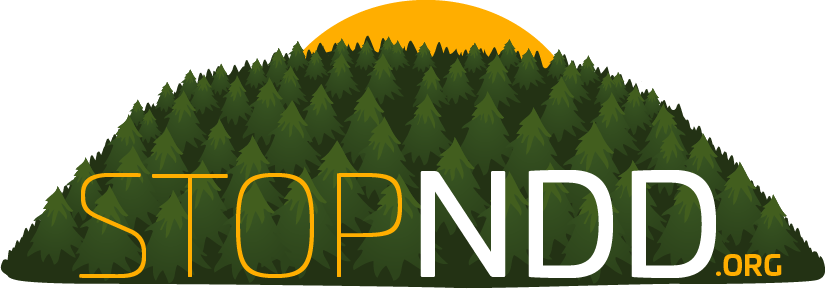The simplest actions truly can make a profound impact. Here are some easy ideas for combating NDD in your home, your children’s schools, and your community.
- Make a commitment to unplug yourself and your family members from the devices that tend to take over our lives, like laptops, smartphones, tablets, and handheld game devices. When you cut the cord on technology — even for a few minutes each day — you will crave new ways of being entertained. And since spending time in nature is a fantastic (and free) way to engage all of your senses, you’ll soon be just as addicted to outdoor breaks as you are your computer screen.

- Start introducing children to nature slowly, especially if they’re not yet accustomed to spending time outdoors. A good way to start may be to have a camping expedition in your own backyard — they’ll be comforted by the fact that they’re right at home, but will still be exposed to the sights and sounds of the world around them. When they’re ready for a little more adventure, explore local parks, nature conservatories, or even nature destinations like Yosemite National Park and Grand Canyon National Park. As often as possible, try to elevate and lengthen each nature experience.
- A community is made up of individuals who look out for the best interests of each other, so it’s important to support or create programs that will encourage others to spend time in nature. If you can’t find a program to support, it may be time for you to launch one. Nature programs don’t have to be formal and don’t need to take a lot of time, energy, or money to create. You might simply start a club comprised of neighbors, friends, and coworkers who go on nature outings together. Trade off on who leads meetings; a host can invite club members to his or her favorite nature spot and set up an activity for everyone to enjoy while there, like a picnic, nature hike, or clean-up project.
- If you live in an urban area absent of green space, bring nature to you. There are lots of easy ways to keep low-maintenance plants in even the smallest of spaces, and bird and butterfly feeders are an inexpensive way to lure friendly critters to patios or window sills. You can also work with your neighbors and other community members to create natural spaces that everyone contributes to and benefits from: start a rooftop vegetable garden, plant a row of trees on your block, or even adopt a wild animal from an organization like the World Wildlife Fund (WWF).

- If you own a home, work with a landscape architect to beautify your home and even your neighborhood. This type of specialist creates outdoor spaces that complement the organic features of an existing space and promote a thriving ecology.
- Work with the schools in your community to establish outdoor recreation programs. Some great examples of communities locally supporting the No Child Left Inside movement include Ohio, Texas, and the San Francisco Bay Area. If you’re interested in starting a program in your area, check out this toolkit to learn more about and join the NCLI mission.
- Outdoor Afro is a national nonprofit that connects thousands of African-Americans with nature, inspires leadership, and helps people learn to treat themselves and our planet better. Consider becoming an Outdoor Afro leader in your community by filling out an application to join their mission.
- When you visit a state or national park, consider making a donation. Government-run parks are in need of donations now more than ever, and contributing even a small amount to your favorite spot helps ensure that it stays well-maintained — and open to the public.
- Pay attention to changes in environmental law. These rules are constantly evolving, and they’re put in place to protect nature and all of its creatures — including us. It’s up to us to not only uphold guidelines meant to promote environmental welfare, but also encourage others to do so, like our politicians and other decision-makers.
- If you notice community leaders losing sight of (or downright ignoring) the future of our planet, make your voice heard. One way to help conserve nature is by letting state and federal Congress members know it’s important to you.
